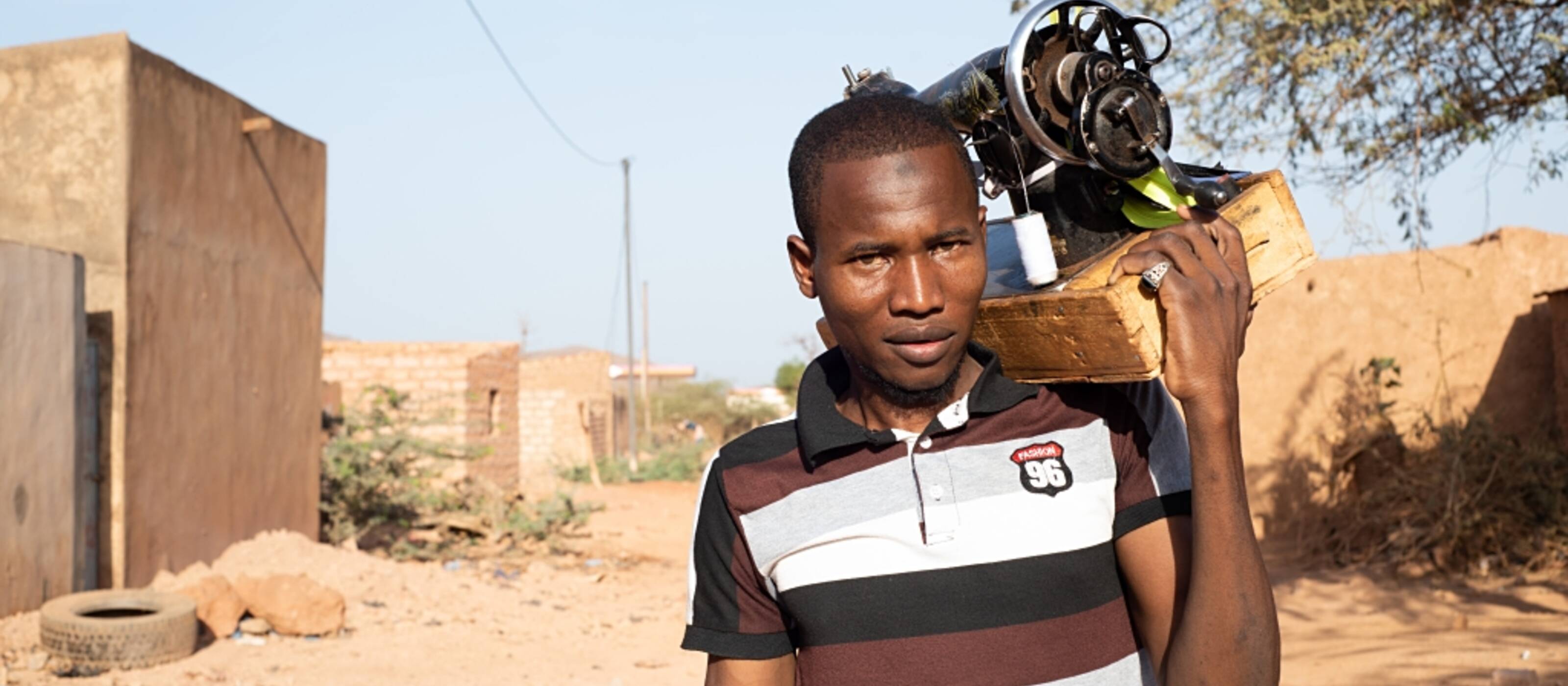

Burkina Faso
Burkina Faso, which means «land of the upright and honest people», is characterised by great ethnic diversity and a high level of migration. More than 60 languages are spoken in the country. Burkina Faso’s population is growing steadily. More than half of the population is below the age of 25. In 1960, the state in the Sahel region gained independence from French colonial rule.
Burkina Faso is amongst the poorest countries in the world. Regularly recurring periods of drought create difficult living conditions for the rural population in the landlocked country. Armed groups acting against the government and the people spread insecurity and destabilise the political situation. Cartas Switzerland has worked in Burkina Faso since 2020 to protect migrants, support internally displaced persons and promote agricultural development.
Overview in figures
Sources: Human Development Report, UNESCO, UNFPA (as of 2023)
- Total population: 23.3 million
- Poverty index (proportion of people affected by poverty): 86.3%
- Prosperity indicator (total 193 states): rank 185
- Gross National Income per capita: USD 2'037
- Life expectancy at birth: 59.8 years
- Child mortality: 7.9%
- Literacy rate (age 15 and over): 34.5%
- CO2 emissions per capita: 0.3 tons
Caritas Switzerland on site
Header image: Greater security for migrants is an important goal of Caritas Switzerland in Burkina Faso. © Anne Mimault